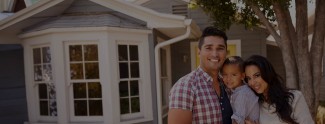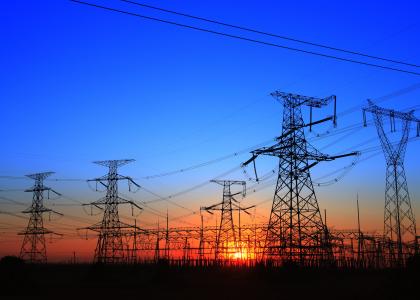The new R2E2 Playbook published today can help communities tap vast federal funds to address poorly insulated and energy-inefficient homes that leave millions of families with unnecessarily high energy bills. The Residential Retrofits for Energy Equity (R2E2) Playbook is designed to help local governments and community-based organizations implement programs for low- and moderate-income homes to reduce energy use and utility bills, cut pollution, and improve health and comfort.
With states and localities set to receive billions of dollars for residential energy upgrades from the Inflation Reduction Act, the 2021 bipartisan infrastructure law, and other sources, the Playbook aims to help ensure that disadvantaged communities and local governments have guidance to leverage these dollars with energy upgrade programs that are community led, easy to use, and use best practices.
The Playbook makes energy upgrade program recommendations to ensure equitable community planning, identify community energy upgrade priorities, and craft well-designed programs. It outlines 12 key actions for program administrators and lists best practices to help ensure that programs lower energy bills, cut pollution, advance racial equity, improve health outcomes, and build local economies. From an energy upgrade program in St. Augustine, Florida, that covers upfront costs of home repairs to another in Seattle that requires that rents be kept affordable, the Playbook highlights best practices from more than 90 programs across the country.
“Unaffordable energy bills, uncomfortable or even dangerous indoor temperatures, and the impacts of climate change disproportionately impact low-income communities and communities of color. But underserved communities often have the least access to the resources needed to bring home energy upgrades to vulnerable residents,” said Ian Becker, project lead for the Playbook and Residential Retrofits for Energy Equity manager at the American Council for an Energy-Efficient Economy (ACEEE). “Community-based organizations and local governments nationwide are ready to meet this challenge, and the R2E2 Playbook is designed to help them implement innovative programs that center community priorities and improve quality of life.”
R2E2 is a partnership of ACEEE, Elevate, Emerald Cities Collaborative, and HR&A Advisors. It provides guidance to local officials, community leaders, and program administrators on energy upgrade financing models, economic inclusion, navigating the complexities of the affordable housing sector, program design, and engaging with communities to ensure programs reflect community needs.
###
The American Council for an Energy-Efficient Economy (ACEEE), a nonprofit research organization, develops policies to reduce energy waste and combat climate change. Its independent analysis advances investments, programs, and behaviors that use energy more effectively and help build an equitable clean energy future.
Elevate is a nonprofit organization that works nationally and is headquartered in Chicago. Elevate designs and implements programs to ensure that everyone has clean and affordable heat, power, and water in their homes and communities —no matter who they are or where they live.
Emerald Cities Collaborative is a national nonprofit network of organizations working together to advance a sustainable environment while creating sustainable, just and inclusive economies with opportunities for all — an approach we call "the high road." ECC develops energy, green infrastructure and other sustainable development projects that not only contribute to the resilience of our metropolitan regions but also ensure an equity stake for low-income communities of color in the green economy. This includes developing the economic infrastructure for family-supporting wages and career paths for residents of such communities, as well as contracting opportunities for women, BIPOC and other disadvantaged businesses.
HR&A Advisors, Inc. (HR&A) is an employee-owned company advising public, private, non-profit, and philanthropic clients on how to increase opportunity and advance quality of life in cities. We believe in creating vital places, building more equitable and resilient communities, and improving people’s lives.

